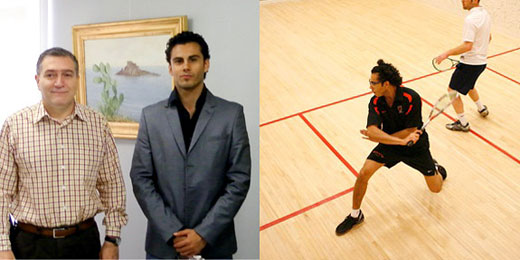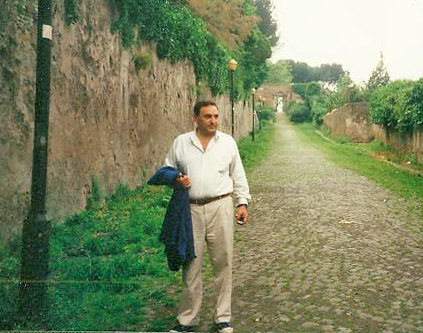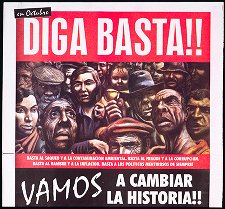Paulo Fontes, the author of Um nordeste em São Paulo: trabalhadores migrantes em São Miguel Paulista (1945-66), (Rio de Janeiro: Fundação Getúlio Vargas, 2009) is the winner of the first Thomas E. Skidmore Prize, sponsored by the National Archive, Rio de Janeiro and the Brazilian Studies Association. The $5,000 prize is to support the translation of the book so that it can be published in English. The prize, endowed through a generous donation of the Skidmore family, recognizes historical works on twentieth-century Brazilian history. The first prize competition considered books covering the period 1930-64 that had been published in Portuguese between 2004 and 2010.
Three additional works received Honorable Mention: Regina Horta Duarte, A biologia militante: o Museu Nacional, especialização científica, divulgação do conhecimento e práticas políticas no Brasil – 1926-1945 (Belo Horizonte: Editora UFMG, 2010); Jorge Ferreira, O imaginário trabalhista: getulismo, PTB e cultura política popular 1945-1964 (Rio de Janeiro: Civilização Brasileira, 2005); and Antonio Luigi Negro, Linhas de montagem: industrialismo nacional-desenvolvimentista e a sindicalização dos trabalhadores (São Paulo: Boitempo, 2004).
The Prize Committee was composed of James N. Green, (Chair), Ângela Maria Casto Gomes, Luís Edmundo de Souza Moraes, Maria Helena Capelato, and Vitor Manoel Marques da Fonseca. The next Skidmore Prize will be awarded in 2013 and will consider works published in Portuguese between 2006 and 2012 covering the period 1964-85.



